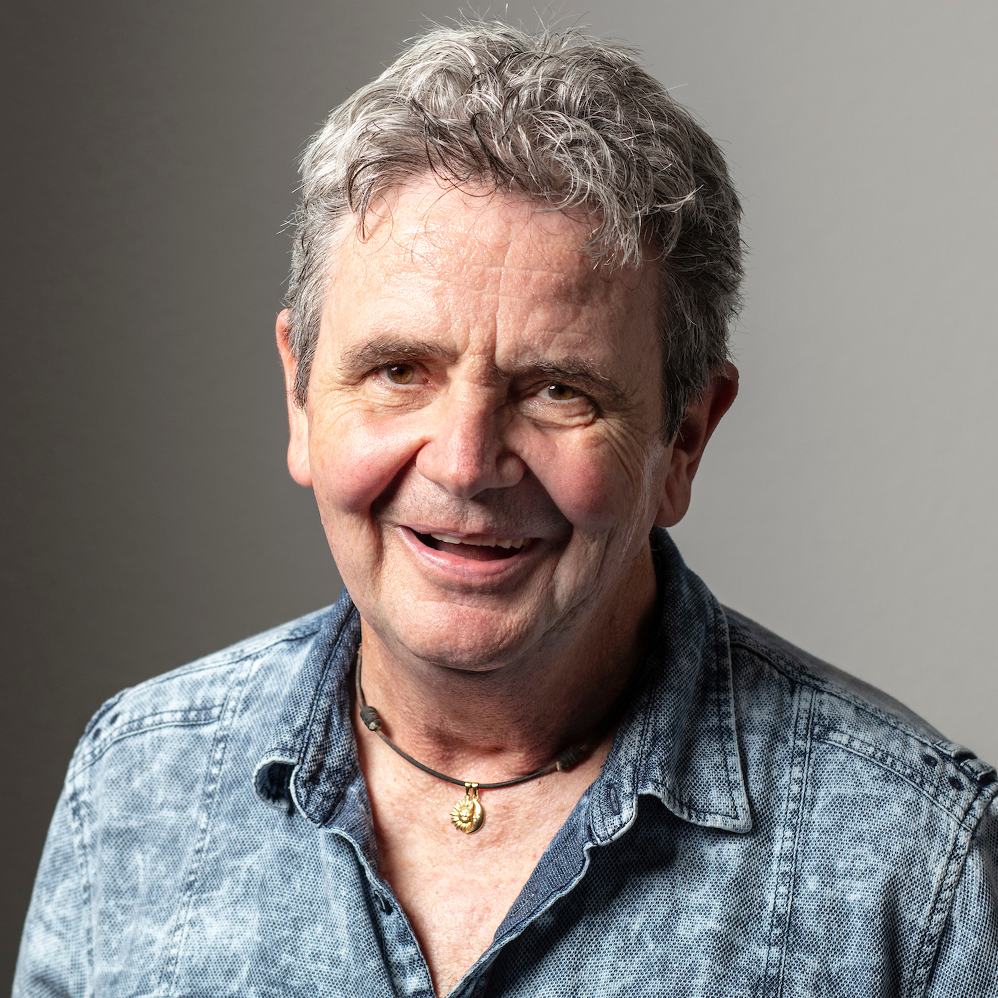counting the cost of apartheid

Non-governmental organisations in South Africa and Switzerland are fighting for banks, including Swiss ones, to be made to pay for supporting apartheid.
The battle is also taking place in the streets as well as in the courts and is seen as being vital to the country’s future.
When the skyscrapers of Johannesburg first appear in the horizon on the airport road, they look like an American skyline. But the landscape is totally different at pavement level.
Immigrants from the entire continent cram the roads deserted by large firms and luxury hotels, lured by the promises of growth in the “rainbow nation”.
But at the beginning of the journey, the dream turns into a nightmare. Criminality, drugs and prostitution are common in this Bronx-style area, where there are more murders than in its New York counterpart.
And it is here on the outskirts of Hillbrow, reputedly one of the most dangerous areas in the country,
that Jubilee South Africa has its national office.
Launched in 1998 by Christian churches around the world, the Jubilee movement is demanding that industrial nations show solidarity for developing countries by cancelling debt.
Fighting multinationals
In South Africa the fight is also against multinationals, some of which supported apartheid until its fall in 1994.
“It is not for us to pay the debts contracted by the racist regime. And as long as they are not cancelled and no reparations made, this country will not take off,” say Anthony, Makoatsane, Tristen,
Mabanga and the other staff at Jubilee.
For these survivors of apartheid as they call themselves, the hopes born in 1994 were rapidly confounded. Poverty, violence, Aids, public services in tatters and corruption at all levels – the “miracle” of the new South Africa left many in the lurch.
“At the beginning, the ANC was a people’s party. But today, the leaders are all shareholders in big companies.”
“The white bureaucrats have been replaced by black ones but the philosophy remains the same,” stresses Anthony, who is very disappointed that his government has refused to press for
the cancelling of the country’s debts for fear of scaring off foreign investors.
It’s Jubilee that is carrying out this work on the streets and in the courts.
“We show people that the national debt is not an abstract problem and that it has direct consequences on their everyday lives,” explains Mabanga.
Takeover fight
Last year the movement fought against the takeover of ABSA, the South African bank, by the British group Barclays,
“We didn’t want the profits going into the pockets of foreign
shareholders,” explains Tristen.
Through enormous demonstrations, Jubilee drew so much attention to the takeover that even the Johannesburg stock exchange trembled.
This forced ABSA to go on the offensive, conducting the largest publicity campaign the public had ever seen. The takeover will, however, still take place.
The Hillbrow activists are also working with Khulumani, a NGO which supports apartheid victims, to lodge complaints against a number a multinationals in the American courts.
And more recently Jubilee has begun a campaign against Swiss
banking giant Credit Suisse returning to South Africa through a link-up with Standard Bank, “which apparently is no longer proud of being 101 per cent South African,” notes Tristen wryly.
Swiss support
In Switzerland, the campaigns are supported by ADR, an association of NGOs working for reparations for apartheid victims.
Jubilee South Africa also receives an annual contribution from Swiss Interchurch Aid.
Eleven years after the official end of the racist regime, activism is not dead in South Africa.
“We are anti-globalists above all,”
claims Makoatsane.
Since she attended the World Social Forum (WSF) in Bamako, she is even more convinced that “Africa will change the WSF and the WSF will change the world”.
For Barbara Müller, ADR coordinator in Basel, it is clear that the debt problem can only be resolved at a global level.
“But we are still far away from this happening,” she said.
swissinfo, Marc-André Miserez in Johannesburg
Bern launched a national research programme in 2000 to shed a light on its links with South Africa during apartheid.
Completed at the end of 2005, the final report shed a less than glorious light: by not adhering to international sanctions against Pretoria, Switzerland is said to have supported the racist regime in the name of free trade.
Swiss businesses repeatedly breached the arms embargo decreed by the United Nations and collaborated with the South African nuclear programme.
When the report was published, it was severely criticised by NGOs. Due to pressure from business circles, researchers found that access to certain archives was prohibited. The government reportedly censored a part of their work.
Swiss Interchurch Aid has been working in South Africa since the 1970s.
It is currently working in education, Aids, children’s rights, supporting displaced people and those without documents and preventing violence.
In 2005 it allocated SFr300,000 ($240,000) to different projects in South Africa, of which SFr30,000 went to Jubilee.

In compliance with the JTI standards
More: SWI swissinfo.ch certified by the Journalism Trust Initiative

You can find an overview of ongoing debates with our journalists here . Please join us!
If you want to start a conversation about a topic raised in this article or want to report factual errors, email us at english@swissinfo.ch.